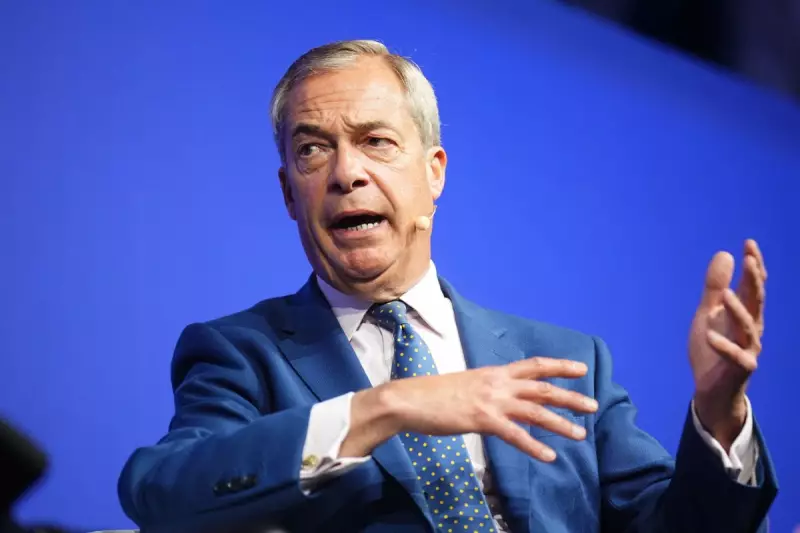
Reform UK leader Nigel Farage has dropped a bombshell revelation that he's been systematically blacklisted by Britain's major banking institutions, claiming his political views have made him "politically exposed" and therefore "too hot to handle" for financial services.
The Banking Freeze-Out
In an exclusive interview, the prominent Brexiteer disclosed that not one, but seven high-street banks have slammed their doors shut, refusing to provide him with basic banking facilities. This extraordinary financial exclusion has left the political firebrand struggling to conduct everyday financial transactions that most Britons take for granted.
"I am effectively being barred from the financial system," Farage stated, his frustration palpable. "These institutions are making it clear that my political stance has rendered me persona non grata in the banking world."
Government Steps In
The situation has escalated to the highest levels of government, with Chancellor Jeremy Hunt ordering an immediate investigation into the growing phenomenon of "debanking" political figures. The Treasury has confirmed it's examining whether banks are overstepping their remit by denying services based on customers' political affiliations.
This intervention comes amid rising concerns about the power of financial institutions to effectively silence or marginalise voices they deem controversial. The government probe will scrutinise whether current regulations adequately protect individuals from political discrimination in financial services.
A Wider Pattern Emerges
Farage's case appears to be part of a disturbing trend affecting numerous public figures across the political spectrum. Banking insiders whisper about "reputational risk assessments" being used as justification to sever ties with clients whose views might attract negative publicity.
The Reform UK leader isn't going quietly into this financial night. He's vowed to fight what he describes as "an assault on democratic principles", arguing that if banks can silence politicians, they hold undue influence over the political process itself.
What This Means for Everyday Britons
While Farage's high-profile case has captured headlines, consumer rights advocates warn that ordinary citizens could be next. The precedent set by excluding individuals based on political alignment raises alarming questions about financial inclusion and freedom of expression in modern Britain.
As the government investigation unfolds, all eyes will be on whether new protections are needed to ensure that banking remains a service, not a political weapon.





